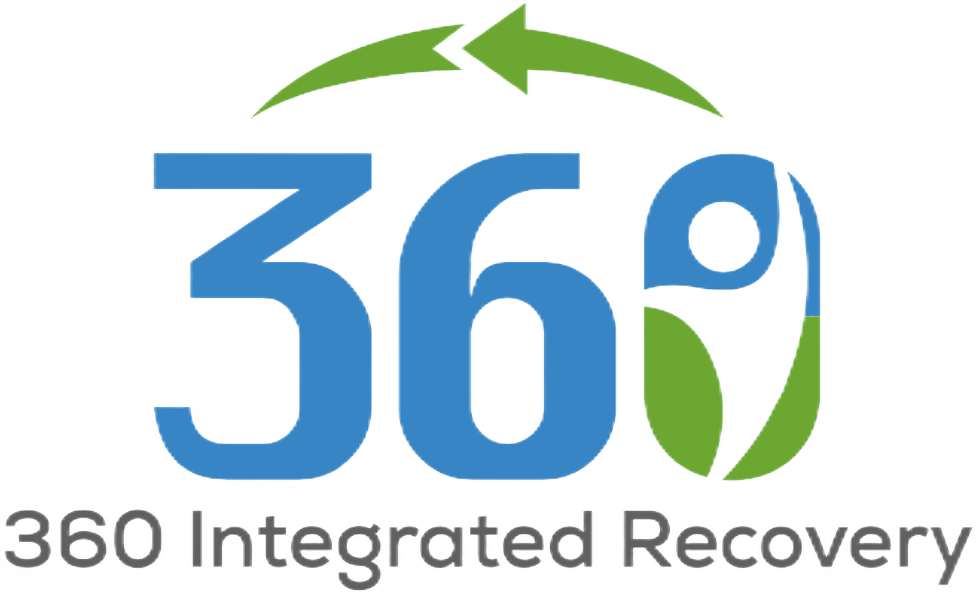Positive psychology, the scientific study of what makes life worth living, can play a powerful role in addiction recovery. This approach shifts the focus from what’s wrong to what’s strong, fostering resilience, well-being, and a positive outlook on life.
5 Ways to be Happy and Impact your Recovery
1. Encouraging Positive Emotions
Positive psychology emphasizes cultivating positive emotions like joy, gratitude, and contentment. Such emotions can act as a buffer against stress and negative emotions, key risk factors for relapse.
2. Building Strengths
Rather than just fixing weaknesses, positive psychology encourages the identification and development of personal strengths. This can boost self-efficacy and confidence, crucial elements in sustaining recovery.
3. Fostering Positive Relationships
Positive relationships can provide support, encouragement, and a sense of belonging, significantly enhancing resilience in recovery. Positive psychology encourages the cultivation of supportive and enriching relationships.
4. Encouraging Meaning and Purpose
Finding a sense of meaning and purpose can provide a powerful motivation for maintaining recovery. Positive psychology techniques can help individuals identify their values, passions, and larger purpose in life.
5. Promoting Optimism
Optimism can foster resilience and provide motivation to overcome the challenges of recovery. Positive psychology interventions can help develop a more optimistic mindset, encouraging a hopeful outlook towards the future.
Community and Guidance
360 Integrated Recovery recognizes the power of positive psychology in addiction recovery. Their treatment approach incorporates elements of positive psychology, empowering individuals to harness their strengths, cultivate positive emotions, and build meaningful, optimistic lives in recovery.
Family and community can also support the application of positive psychology. By focusing on strengths, celebrating progress, and encouraging optimism, they can contribute to creating a positive environment conducive to recovery.
Final Thoughts
In conclusion, positive psychology offers powerful tools for enhancing resilience, well-being, and positive life engagement in recovery. By shifting the focus from deficits to strengths, and from problems to possibilities, it fosters an empowering approach to addiction recovery. It acknowledges that recovery is not just about overcoming addiction, but also about building a fulfilling, meaningful, and joyful life.




